Scale treatment for three types of cancer it can make life easier for patients without compromising outcomes, doctors reported at the world’s largest cancer conference.
Scaling cancer treatments
It’s part of a long-term trend toward studying whether to do less – fewer surgeries, less chemotherapy or less radiation – can help patients live longer and feel better. The most recent studies have involved ovarian and esophageal cancer and Hodgkin’s lymphoma.
Thirty years ago, cancer research was about doing more, not less. In one sobering example, women with advanced breast cancer have been pushed to the brink of death with massive doses of chemotherapy and bone marrow transplants. The approach worked no better than chemotherapy, and patients suffered.
Now, in an effort to optimize cancer care, researchers are asking: “Do we need all the treatments we used in the past?”
It’s a question “that should be asked over and over again,” said Dr. Tatjana Kolevska, medical director of the Kaiser Permanente National Cancer Excellence Program, who was not involved in the new research.
Often, doing less works thanks to improved medications.
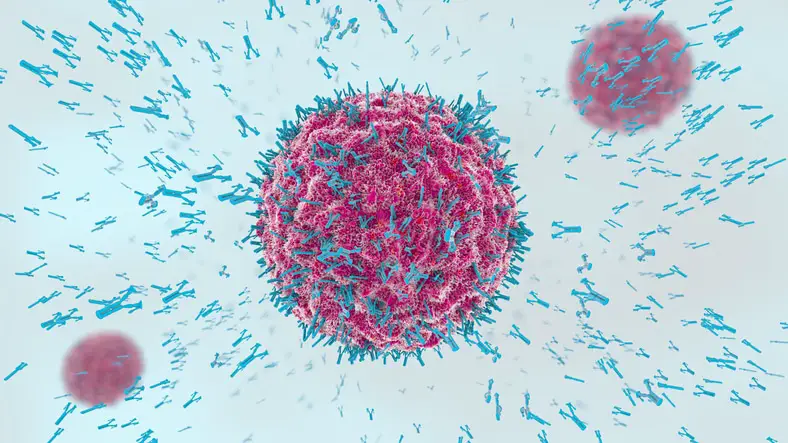
“The good news is that cancer treatment is not only becoming more effective, but it is also becoming easier to tolerate and associated with fewer short- and long-term complications,” said Dr. William G. Nelson of the Johns Hopkins School of Medicine, which was also not involved in the new research.
Studies demonstrating this trend were discussed over the weekend at an American Society of Clinical Oncology conference in Chicago. Here are the highlights:
French researchers have found that it is safe to avoid removing healthy-appearing lymph nodes during surgery for advanced ovarian cancer. The study compared the results of 379 patients: half had their lymph nodes removed and the other half did not.
After nine years, there was no difference in how long patients lived, and those who underwent less extreme surgeries had fewer complications, such as the need for blood transfusions. The research was funded by the National Cancer Institute in France.
This German study looked at 438 people with a type of esophageal cancer that can be treated with surgery. Half received a common treatment plan that included chemotherapy and surgery on the esophagus, the tube that carries food from the throat to the stomach.
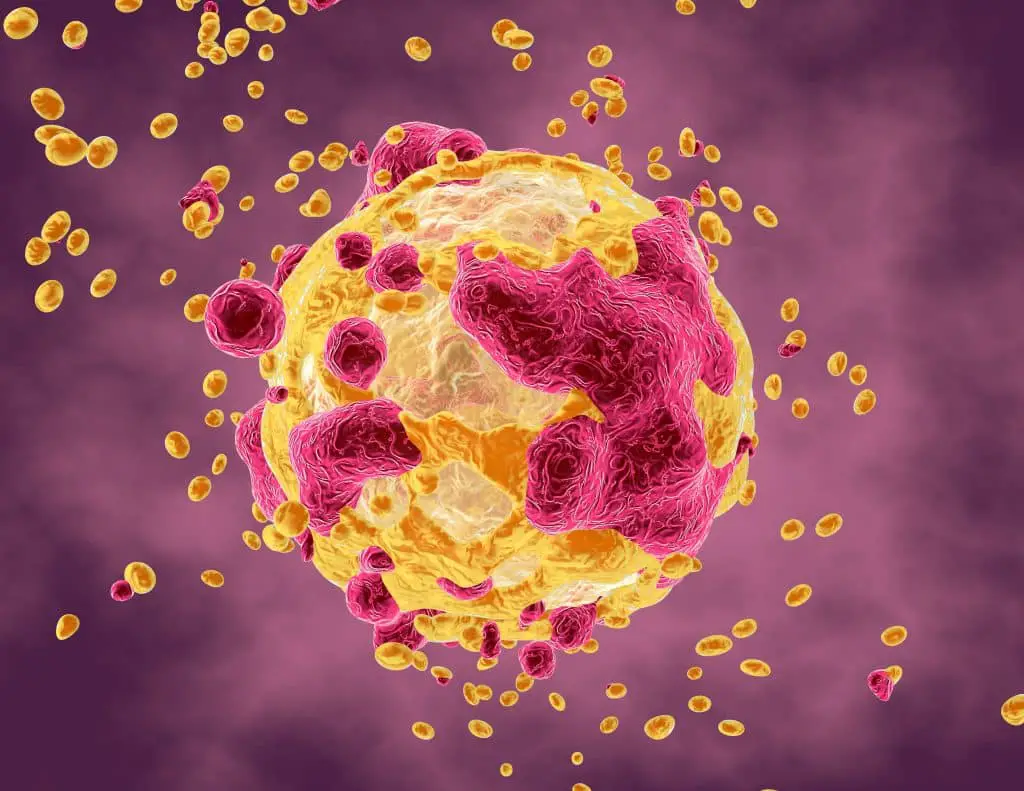
Half took another approach that also included radiation. Both techniques are considered standard. Which one patients receive may depend on where they receive the treatment.
After three years, 57 percent of those who had undergone chemo and surgery were alive, compared with 51 percent of those who had undergone chemo, surgery and radiation therapy. The German Research Foundation funded the study.
A comparison of two chemotherapy regimens for advanced Hodgkin’s lymphoma found that the less intensive treatment was more effective for the blood cancer and caused fewer side effects.
After four years, the less harsh chemotherapy kept the disease under control in 94% of people, compared with 91% of those who received the more intense treatment. The study involved 1,482 people in nine countries (Germany, Austria, Switzerland, the Netherlands, Denmark, Sweden, Norway, Australia and New Zealand) and was funded by Takeda Oncology, the manufacturer of one of the drugs used in the most delicate chemotherapy. studied.
Some cancer patients may skip treatments
After surgery, some cancer patients can safely avoid radiation therapy or chemotherapy, according to two studies exploring shorter, gentler cancer treatments.
Researchers are looking for ways to accurately predict which cancer patients can avoid unnecessary treatments to reduce harmful side effects and unnecessary costs.
A new study used a blood test to determine which colon cancer patients could skip chemotherapy after surgery. Another suggests that some low-risk breast cancer patients may omit radiation after lumpectomy.
The research was discussed at the annual meeting of the American Society of Clinical Oncology, which concluded Tuesday in Chicago. The colon cancer study, funded by the Australian and US governments and non-profit groups, was published Saturday in the New England Journal of Medicine.
The findings could allow doctors to “focus on patients who we think would really benefit from chemotherapy and avoid side effects for patients who probably don’t need it,” said Dr. Stacey Cohen of the Fred Hutchinson Cancer Center in Seattle , which looked at colon cancer. results and was not involved in the research.
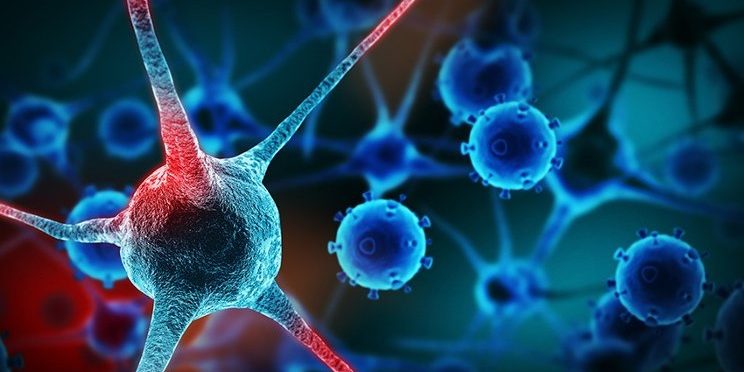
Many colon cancer patients undergo chemotherapy after surgery, even though they can be cured. The drugs can have side effects such as nausea, anemia, and memory problems.
Identifying which patients may not need further treatment has been tricky. Scientists studied whether a blood test could help doctors make the call.
The study involved 455 patients who underwent surgery because cancer had spread into the colon wall. After surgery, one group received a blood test, personalized based on the tumor’s genetic profile, to detect any remaining fragments of cancer DNA.
Their treatment was guided by the blood test: if it showed no signs of residual cancer, patients did not undergo chemotherapy. Meanwhile, doctors made chemo decisions for the rest of the patients in the usual way, guided by analysis of the tumor and surrounding tissue.
Fewer patients in the blood test group underwent chemo: 15% versus 28%. But about 93 percent of both groups were still cancer-free after two years. In other words, the blood test group performed equally well with less chemotherapy.
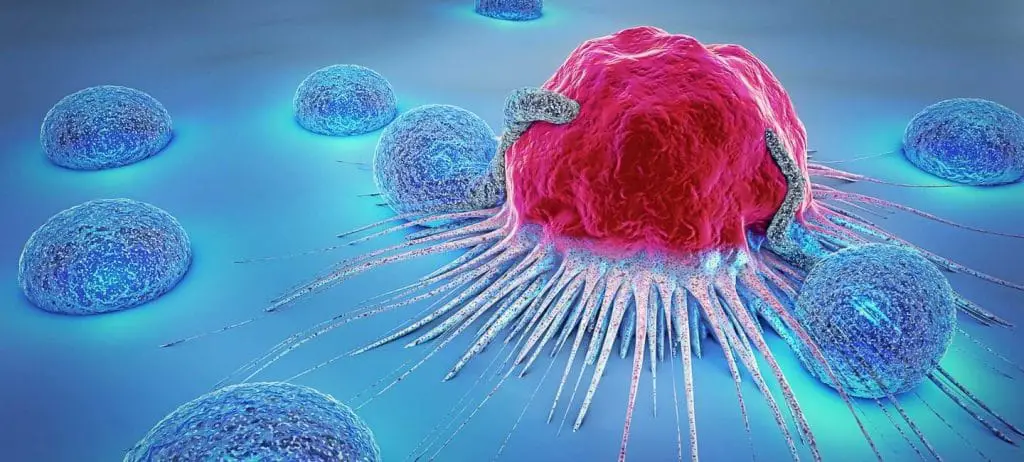
“In patients where cancer DNA is not detected after surgery, the chance of the cancer returning is very low, suggesting that chemotherapy is very unlikely to benefit these patients,” Dr. said. Jeanne Tie of the Peter MacCallum Cancer Center in Melbourne, Australia, who conducted the research.
Skipping chemo makes “a big difference in a person’s quality of life if it can be done without having to put them at risk for recurrence,” said ASCO President Dr. Everett Vokes, who specializes in head, neck and of the lung at the University of Chicago Medicine.
The other study followed 500 older women with a common form of early-stage breast cancer and low levels of a protein known as Ki67, a marker of fast-growing cancer.
After surgery, the women took hormone-blocking pills, a standard treatment for this type of cancer, but did not undergo radiation therapy.
After five years, 10 women saw the cancer return in the same breast and one breast cancer death occurred. There was no comparison group, but researchers said the results compared favorably with historical data from similar patients who underwent radiation.
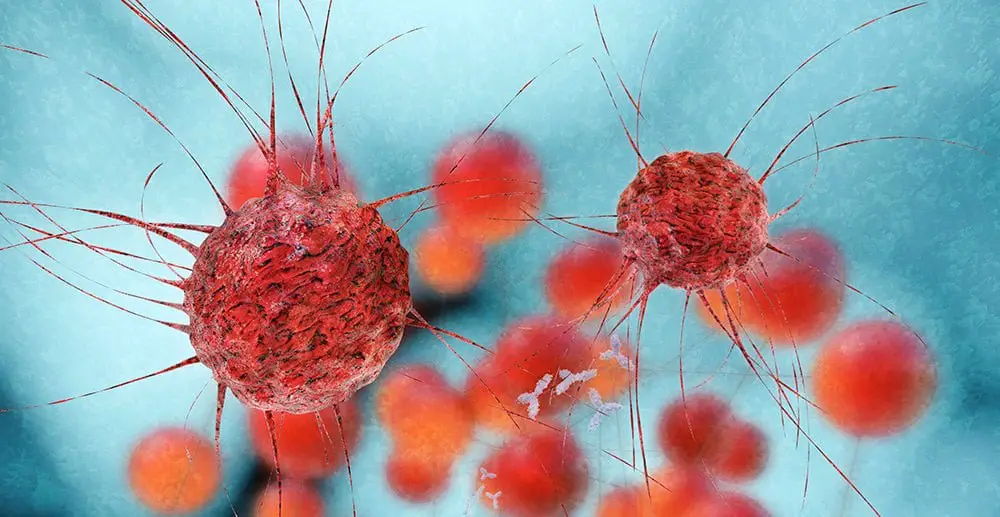
“We estimate that the benefits of radiation would be very small in this population compared to the side effects,” said Dr. Timothy Whelan of McMaster University in Hamilton, Ontario, who led the study, which was supported by the Canadian Breast Cancer Foundation and the ‘World Health Organization. Canadian Cancer Society.
Radiation can cause skin problems, fatigue, and, less commonly, long-term heart problems and second cancers.
Radiation can cause skin problems, fatigue, and, less commonly, long-term heart problems and second cancers.
The study is a “feel good” message for patients with low-risk cancers and will help doctors understand which of their patients can “comfortably, confidently” omit radiation, said Dr. Deborah Axelrod of NYU Langone Health, who was not involved in the research.
#Cancer #patients #intensive #treatments